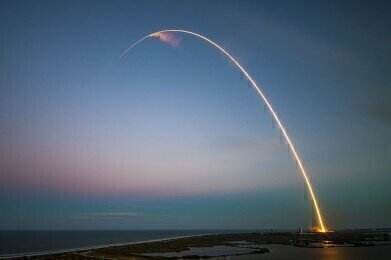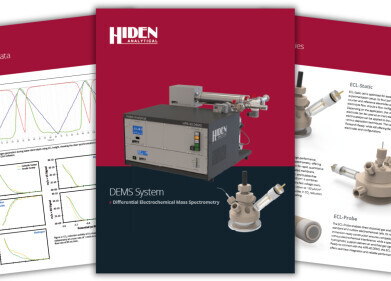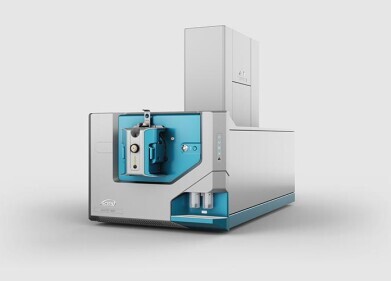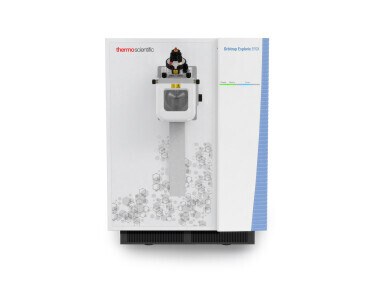Mass spectrometry & spectroscopy
How is GPS Improving? An Introduction to GPS III
Jan 20 2019
For most Brits, GPS technology is the difference between seamlessly navigating to a destination and wasting hours getting lost in a maze of streets and motorways. Of course, GPS also plays a central role in powering advanced space research, with a new generation of Global Positioning System satellites set to lift off in 2019.
When used in a civilian context GPS III satellites use a dual-frequency transmission system to accurately remove ionospheric distortions and improve location precision. For military use, GPS III uses a signal called M-code to actively resist jamming attempts from enemies.
GPS III marks a new era for space exploration
Equipped with the technology to home in on precise locations and resist jamming, the revolutionary GPS III satellites mark a new era for both space exploration and military operations. The first generation was installed on the Falcon 9 rocket launched by SpaceX, the aerospace manufacturer and space transportation services company owned by US billionaire Elon Musk. It was the company's first mission for the US Military and part of the National Security Space (NSS) contract, which it won in 2016.
In a statement released by SpaceX, the company asserts GPS III “is designed and built to deliver positioning, navigation, and timing information with three times better accuracy, and up to eight times improved antijamming capability.”
The SpaceX rocket took to the skies from Florida’s Cape Canaveral air force station and successfully entered its intended orbit one hour and 56 minutes later. The project includes 10 satellites, with the final rocket on-track to launch in 2024. The first satellite was appropriately named Vespucci after the famous 15th-century Italian explorer, navigator and cartographer.
Increased resistance and heightened accuracy
One of the biggest innovations is more resistant against accidental or malicious GPS jamming, which can cause major disruptions for military missions. GPS III also boasts a design life of around 15 years, which makes the technology twice as durable as current GPS satellites. Signals have also been heightened and offer up to eight times more accuracy than other competitors. Furthermore, it's possible to simultaneously launch two GPS III systems which significantly reduces the cost of launch projects.
From the Australian Space Research Conference (ASRC) to the UK Space Conference, high-profile industry events play a major role in propelling technological advances in the space exploration industry. For more information on one of the most coveted events in the science world don't miss '66th ASMS Conference on Mass Spectrometry and Allied Topics held in San Diego from 3rd to 7th June 2018 at the San Diego Convention Center, San Diego, California USA'.
Digital Edition
Lab Asia Dec 2025
December 2025
Chromatography Articles- Cutting-edge sample preparation tools help laboratories to stay ahead of the curveMass Spectrometry & Spectroscopy Articles- Unlocking the complexity of metabolomics: Pushi...
View all digital editions
Events
Jan 21 2026 Tokyo, Japan
Jan 28 2026 Tokyo, Japan
Jan 29 2026 New Delhi, India
Feb 07 2026 Boston, MA, USA
Asia Pharma Expo/Asia Lab Expo
Feb 12 2026 Dhaka, Bangladesh



















